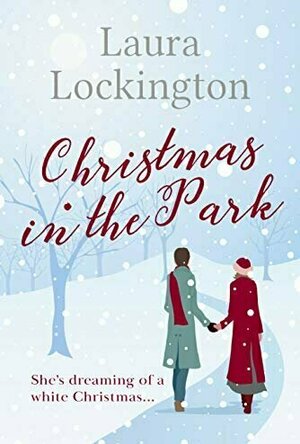
Christmas in the Park
Book
30-something Sarah has finally decided to start her own business. After years of 5 am starts,...
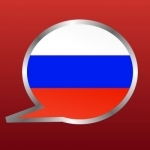
Learn Russian Words
Travel and Education
App
Tap and Learn. Use your free time to learn new Russian words in a FUN, VISUAL way. Simply tap on an...

It Girl Story - Styling, Fashion & Celebrity Life
Games and Entertainment
App
Are YOU the next IT GIRL?! Be the girl EVERYONE is talking about! Take over the fashion world with...

Minnie Fashion Tour HD
Entertainment and Book
App
“If fun and fashion are what you seek, come inside and take a peek!” Minnie and Daisy are so...
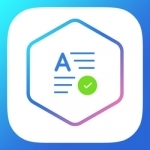
Arabic Quick!
Education and Reference
App
Learn the Arabic Alphabet! This complete guide will teach you how to read and speak Arabic quickly...

Dr. Panda School
Education and Games
App
Are you ready for class? CREATE YOUR OWN STORIES! Let your imagination run wild in Dr. Panda...
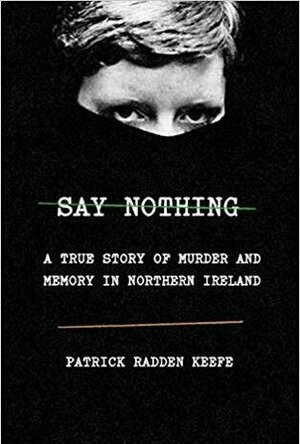
Say Nothing: A True Story of Murder and Memory in Northern Ireland
Book
From award-winning New Yorker staff writer Patrick Radden Keefe, a stunning, intricate narrative...
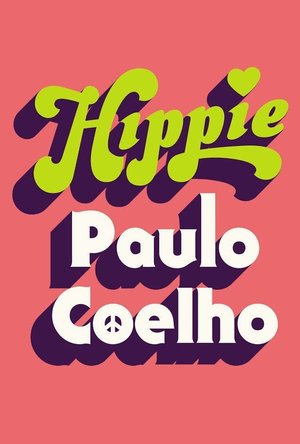
Hippie
Book
In Hippie, his most autobiographical novel to date, Paulo Coelho takes us back in time to re-live...
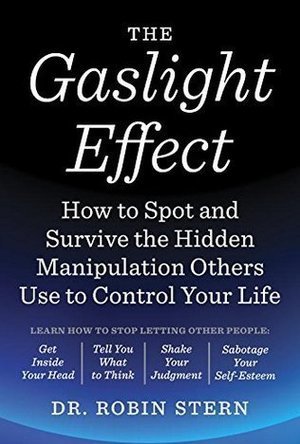
The Gaslight Effect: How to Spot and Survive the Hidden Manipulation Others Use to Control Your Life
Book
Are You Being Gaslighted? Check for these telltale signs: 1. You constantly second-guess...
